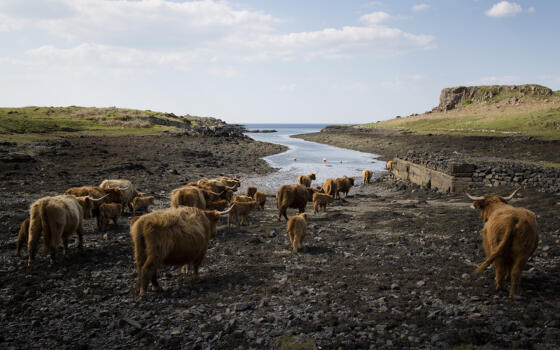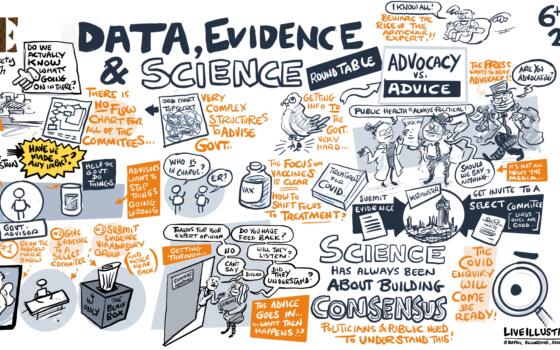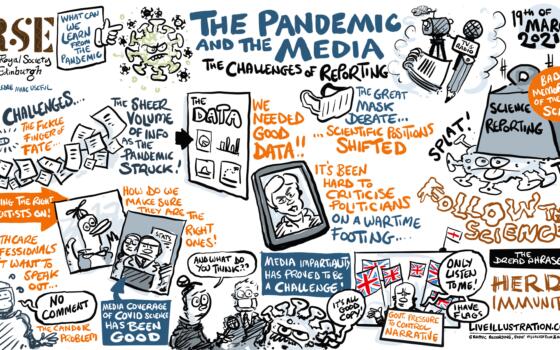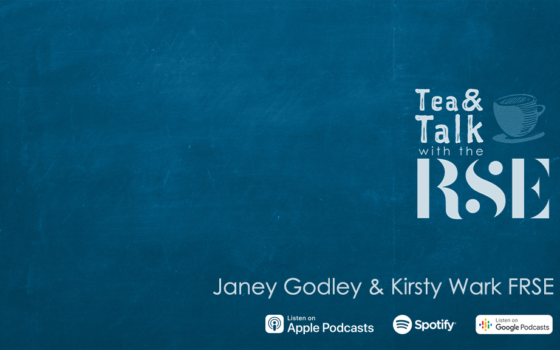Rapid review of international evidence on Covid-19 communication and public engagement
The Royal Society of Edinburgh (RSE) held two International Roundtables to gather evidence on Covid-19 communication and public engagement on Tuesday 13th April 2021. These events were under Chatham House rule – meaning participants were free to use the information received, but neither the identity nor the affiliation of the speaker(s) may be revealed.
Democratic Society were commissioned to prepare a review drawing on these valuable conversations, exploring international approaches to communication and public engagement during the Covid-19 pandemic. Through a rapid literature review, semi structured interviews, and a review of the transcripts of two international events, the full report offers eight case studies, which explore varied contexts and Covid-19 responses. The areas studied are Belgium, Brazil, Canada, Finland, Ghana, New Zealand, Taiwan, and South Africa.
Each geographic case study provides insight into different approaches to communication, crisis preparedness, and outreach. The cases draw out efforts to address systematic inequality and offer reflections on the implications for democracy. The Royal Society of Edinburgh (RSE) will use these learnings to stimulate improvement in public debate and participation.
Read or download the full review here.
The below video was also produced by DemSoc to accompany the report, highlighting its key themes and findings, and exploring some of the common denominators across the international perspectives featured. This video aims to to summarise the purpose of the report and its key enquiries in a more accessible way.
Reflections on the Royal Society of Edinburgh’s International Evidence Roundtables
In addition to this review, Dr Ruth Lightbody (Glasgow Caledonian University), a working group member of the Public Debate and Participation work strand, was commissioned to prepare a rapporteur report, adding a further element of critical reflection on events and the international evidence presented.
Undertaking a thematic analysis of the recordings, the rapporteur report documents the key points that can be taken from the roundtables. In addition, the report synthesises the findings of the Democratic Society’s report: Rapid review of international evidence on Covid-19 communication and public engagement.
The main themes focus on:
- various approaches taken by the different governments
- public messaging
- trust of leaders and experts
- conflicts between science and politics
- misinformation
- how the pandemic exacerbated existing inequalities
- innovative approaches
- the impact all this will have on democracy and public participation moving forward.









